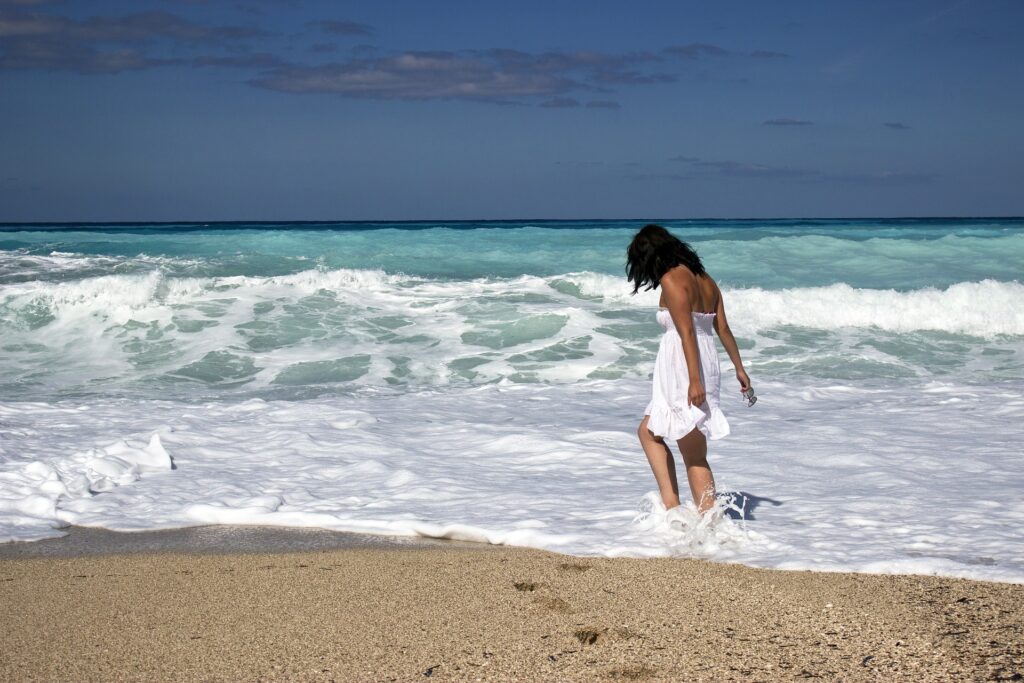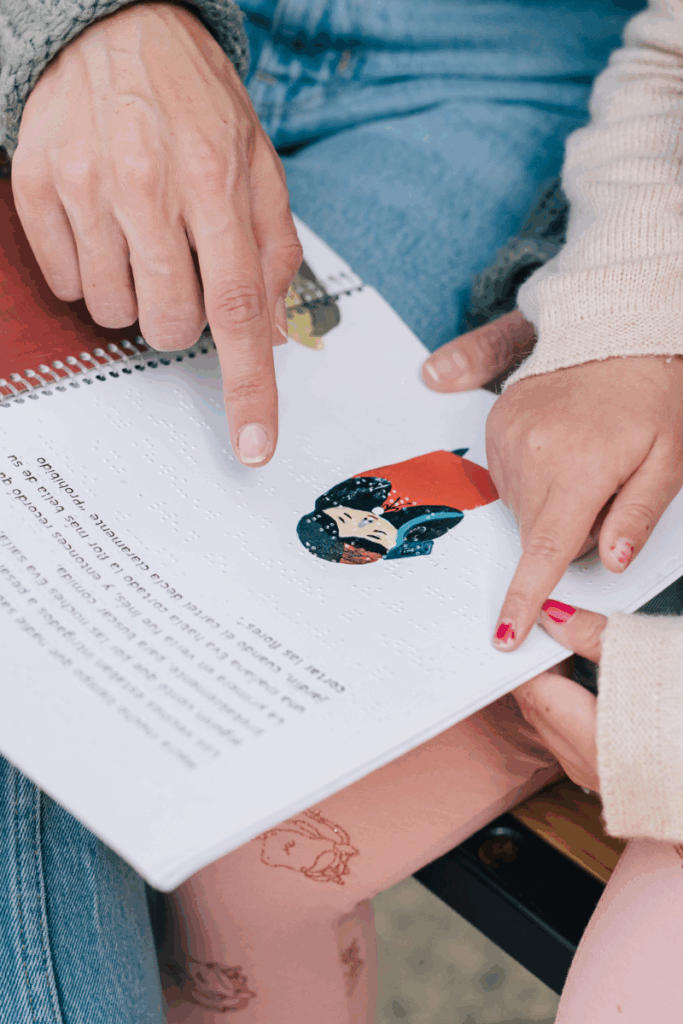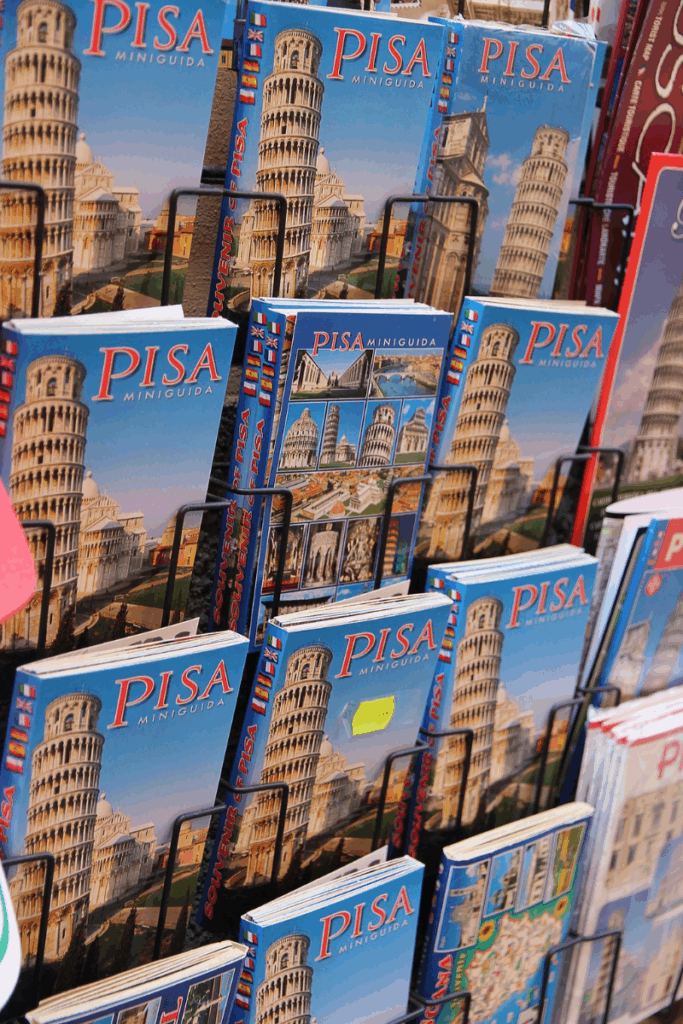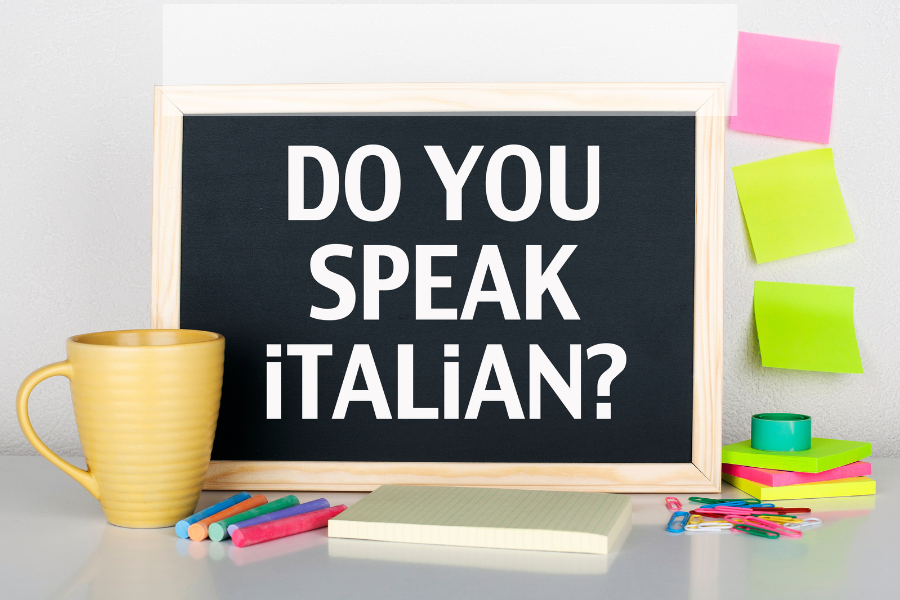Today we want to talk about something fantastic: vacanze and ferie! Or, in English: vacation and holiday. Yes, those well-deserved breaks we wait for all year.
But have you ever thought about where vacanze and ferie come from? Sit back and let us tell you about it.
The Story of the Words Vacanze and Ferie
1. The meaning of vacanza
Originally, the term vacanza indicated days of celebration or rest from working life.
Over time, the meaning has expanded to mean a longer period of free time, during which people can take a break from their daily or work activities to relax and enjoy free time.

So, if you say “andare in vacanza” (going on vacation), you are actually saying that you are going in search of a little freedom and rest from everyday responsibilities.
2. The origin of vacanza
Let’s start with vacanza. This word immediately makes us dream of white beaches and breathtaking views, but its original meaning is a little different.
It comes from the Latin vacantia, which means “freedom” or “absence of commitments“.

It was a neuter plural noun of vacans, which in turn came from the present participle of the verb vacare. This verb initially meant ”to be empty”, then ”to be free” or ”to be missing” (Italian ”mancare”). The associated adjective was vacuus, which meant ”empty”.
From there, through French vacance, which in the 17th century took on the meaning of “rest period“, the word entered the Italian language.
3. The meaning of ferie
The noun ferie took on, with Christianity, a variation in meaning and came to indicate the days of the week, excluding Saturday and Sunday, dedicated to the celebration of a saint.
In order to avoid the usual names, of pagan origin, the days were distinguished with a progressive number from Monday (feria secunda) to Friday (feria sexta). Saturday retained its Jewish name and Sunday, the first day of the week at the time, was indicated as “day of the Lord”.

Today’s use of the feminine plural noun ferie in Italian maintains the original meaning of ”holiday period, mostly summer rest”, but also evolved to encompass the concept of ”vacation or holiday periods”, during which individuals would take a break from their regular duties to relax and enjoy leisure time.
So when you say “prendere ferie” (take vacation), you’re saying that you want to unplug and enjoy some time to yourselves.
Be careful with the usage of the adjective feriale though. That one also comes from Latin (ferialis), but has semantically followed the path of the ecclesiastical calendar and indicates the days of the week that are NOT holidays, and therefore working days. In fact, feriale, in the sense of ”non-holiday”, derives from the Christian calendar: the dies ferialis were the ”days of the week in which a saint was celebrated”, distinct from the dies Domini (day of the Lord).
4. The origin of ferie
And what about ferie? Did you know that this word has similar origins dating back to the Roman times?
The Italian noun feria derives from the late Latin feria and the classic feriae, -arum, which is connected with festus (Italian ”festivo”, English ”festive”).
The word ferie indicated in the Roman world the day dedicated to public and private worship. On this day it was nefas (”forbidden”) to exercise judicial power and organize rallies.

In Rome, in the most ancient times, public holidays were set by the pontiffs who established the distinction between feriae stativae (”fixed holidays”) and feriae indictivae (”movable, flexible holidays”), ordered by a magistrate with imperium.
Public holidays were divided into ”inauspicious days for reasons of happiness”, indicated in the calendars with the acronym NP (nefastus purus), and ”inauspicious days for reasons of sadness”, indicated with the letter N.
5. Usage of vacanze
You can use the word vacanze in its singular form (vacanza), but also in plural (vacanze). It depends on what you want to say.
By vacanza you can mean a ”single trip” or a ”short period”, while vacanze usually refers to the ”entire holiday period” and you can see it as a synonym of ferie.

For example:
- Andiamo in vacanza in Messico! (singular) – We are saying: ”Let’s travel to Mexico for holidays!”
You can also say: faccio ulna vacanza, sono in vacanza, vado in vacanza (I’m taking a holiday, I’m on holiday, I’m going on holiday.).
- Come sono andate le vacanze? (plural) – We are saying: ”How was on holiday?” (In other words: ”How did the time go when you weren’t at work?” Whether you were at home or you traveled somewhere, it doesn’t matter.)
You can also say: ”le vacanze estive” or ”le vacanze natalizie” (summer holiday or Christmas holiday).
6. Usage of ferie
As mentioned, you should use the word ferie in Italian when you refer to the period of ”rest from work, a holiday, public or not”.
You should always use this word in its plural form (ferie). The reason why the word is used in plural is because it is the so called ”pluralia tantum”, a noun that appears only in the plural form and does not have a singular.

You can say: ferie estive, ferie autunnali, ferie natalizie, ferie pasquali, quindici giorni di ferie, etc. (summer holiday, autumn holiday, Christmas holiday, Easter holiday, fifteen days of holiday, etc.).
With different verbs, the most common expressions that will be useful for you are: avere le ferie, andare in ferie, passare/trascorrere le ferie al mare, in montagna, etc. (to have/to take a holiday, to go on a holiday, pass/spend holiday at the seaside, in the mountains, etc.).
7. Difference between vacanze and ferie
Now you may be wondering what is the exact difference between vacanze and ferie and when you should use one or the other.
In everyday life they are used as synonyms. Saying ”Vado in ferie” (“I’m going on holiday“) or ”Vado in vacanza” (“I’m going on vacation“, which means “I’m taking some days off”), is the same thing.
However, if we want to be precise, the fundamental difference is that the word ferie refers exclusively to a work context: ”Io prendo le ferie dal lavoro”. On the other hand, someone who goes to school doesn’t take days off, they just have a vacation (vacanza).

In summary:
- The word vacanza indicates a more or less long period of relaxation and rest for anyone.
- The word ferie indicates an employee’s rest period, the days of the year dedicated to rest, which workers are entitled to.
- The noun vacanza has a plural form, while ferie is already in the plural and has no singular.
- You can take vacanza if you have taken ferie. 😉
8. Conclusion
Either way, these words remind us of the importance of taking time to relax and recharge your batteries. After all, we all need a little freedom and days of celebration in our lives, don’t we?
And you, have you already planned your next vacanze and ferie? What are you waiting for?

Take a moment to think about where you would like to go and what you would like to do. Remember, every now and then we need to give ourselves some well-deserved rest.
And with that, we wish you a great vacation and happy holidays! Or, as Italians would say: ”Ti auguriamo buone vacanze e fantastiche ferie!” 🙂
This article was all about the Italian words vacanze and ferie, their meaning, and origin.
Our recommendations

Easy Holiday Italian: English Story with Italian Dialogue for Beginners (Italian Edition)
Discover the perfect holiday read for Italian language learners! This engaging book blends captivating English stories with simple Italian dialogue, designed for beginners to build vocabulary and confidence. Ideal for travelers or learners seeking a fun, immersive way to master conversational Italian. Start your language journey today with this beginner-friendly guide, packed with practical phrases and cultural insights!

Plan your dream Italian adventure with this visually stunning guide that unlocks Italy’s hidden gems, from Rome’s ancient ruins to Tuscany’s vineyard hills, and Sicily’s coastal charm. Packed with expert itineraries, detailed maps, and insider tips on dining, shopping, and staying safe, it’s perfect for first-time visitors or seasoned travelers. Explore UNESCO sites, savor world-class cuisine, and live la dolce vita with this portable, up-to-date guide

Italy Travel Journal: Planner, Guided Journal Log Book to Write Fill in
Embark on your Italian adventure with this keepsake diary, which is your perfect travel companion, featuring daily agendas, safety info, packing lists, and space to jot down must-see places and memories. Ideal for solo travelers, couples, or families, this planner ensures stress-free trip organization while capturing every moment of your la dolce vita journey.

Elevate your travel style with this vibrant, Italy-inspired makeup bag, which is perfect for storing cosmetics, toiletries, or essentials on the go. Durable, lightweight, and beautifully designed, it’s an ideal gift for women, friends, or bachelorette parties. Celebrate la dolce vita with this must-have accessory for your next Italian adventure or girls’ trip!

Coffee Mug Gift ”I’D Rather Be In Italy”
Sip your coffee with a ceramic mug, featuring vibrant, fade-resistant “I’d Rather Be In Italy” print, which is perfect for Italy lovers, travelers, or students studying abroad. Ideal for birthdays, Christmas, or summer vacation gifts, it comes in a sturdy gift box, microwave and dishwasher safe. Dream of Italy’s charm with every sip!



